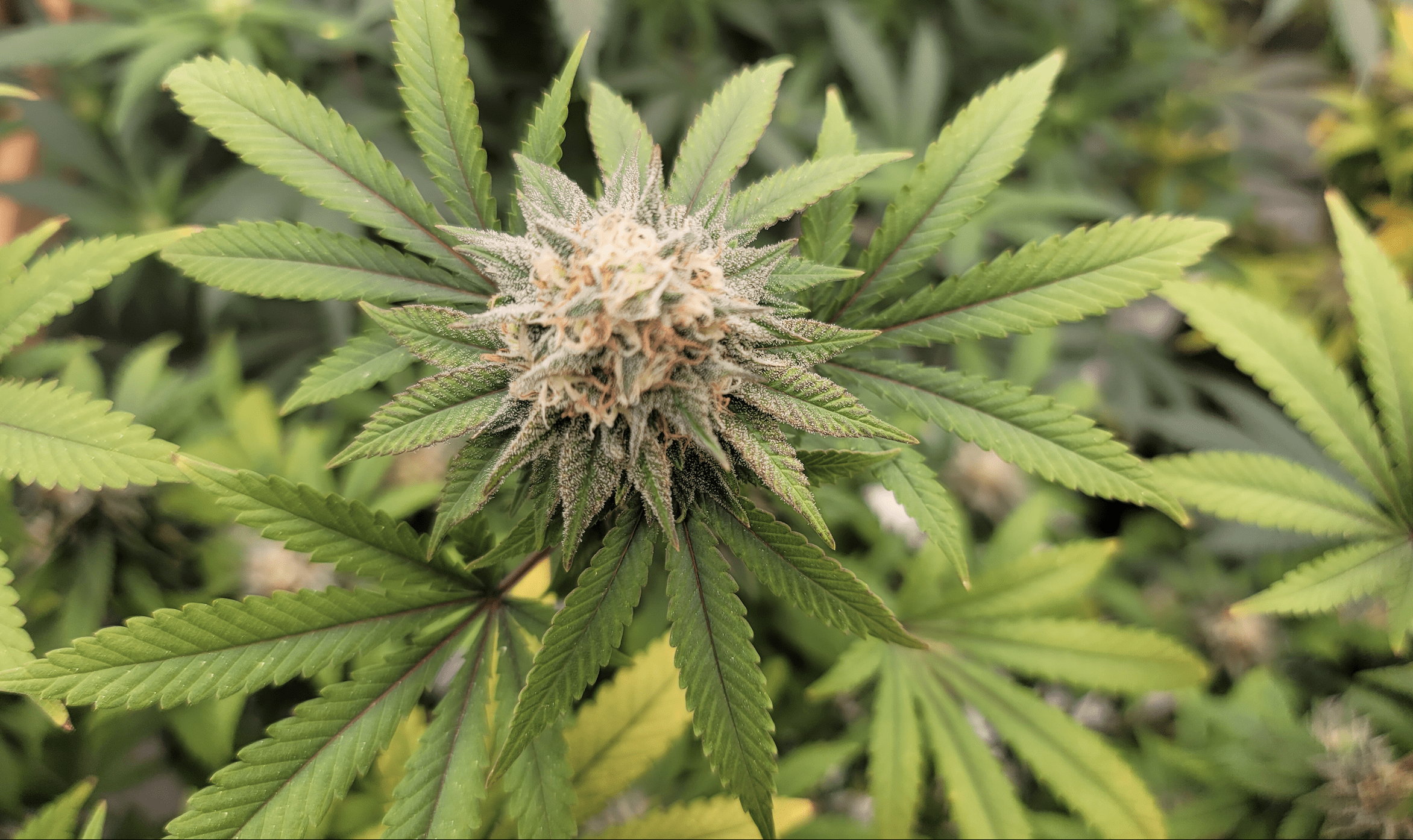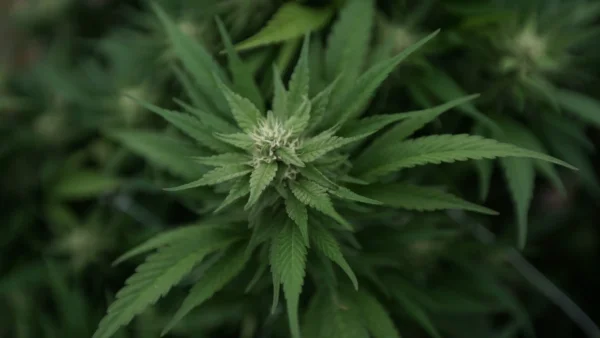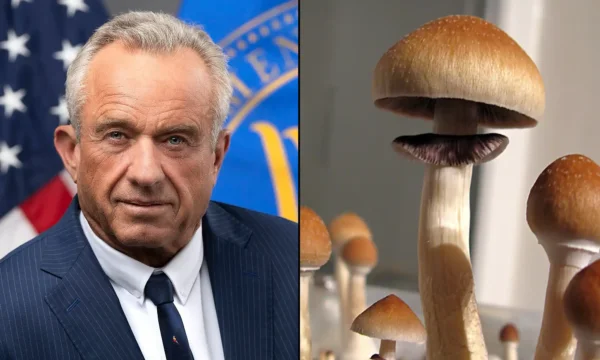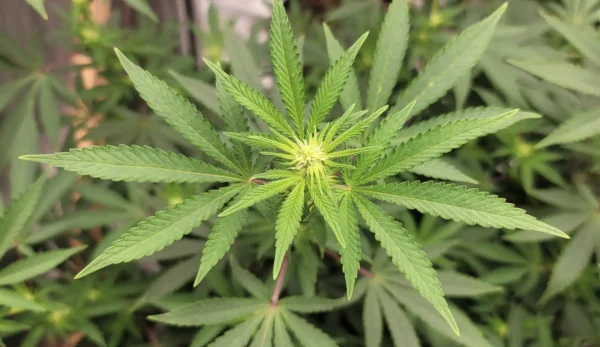Oregon Officials Ask Federal Court To Reverse Ruling That Blocked Marijuana Industry Labor Law Approved By Voters
Oregon marijuana labor law appeal, and the fight over who gets to talk
Oregon marijuana labor law appeal: the state wants the Ninth Circuit to put a voter-approved mandate back on its feet and tell the industry to keep the peace. After a federal judge kneecapped Measure 119—a rule that would require licensed cannabis businesses to sign labor peace agreements and stay neutral during union campaigns—Gov. Tina Kotek, Attorney General Dan Rayfield, and two leaders of the Oregon Liquor and Cannabis Commission filed their brief seeking a reversal. The stakes are blunt. Under the paused law, fail to show proof of a labor peace agreement and your license could be denied or yanked. Two operators, Bubble’s Hash and Ascend Dispensary, sued and won in district court, where the judge said the measure strayed into protected terrain under the National Labor Relations Act and the First Amendment. The state’s answer now is a simple, salty retort: this isn’t about silencing bosses—it’s about regulating a uniquely sensitive market voters chose to legalize.
Inside the appeal: neutrality, NLRA preemption, and commercial speech
Oregon’s filing argues Measure 119 doesn’t actually gag employers. It says nothing stops owners from expressing their views on unionization; instead, the measure conditions a marijuana license on an agreement that reduces workplace friction. Even if the law affects employer speech, the state says, the NLRA doesn’t affirmatively protect management’s talking points, and the First Amendment issues are about commercial speech—subject to a less demanding standard that the state believes it meets. There’s also a broader tell: cannabis is supposed to be tightly regulated; Congress, by leaving the plant in legal purgatory, implicitly left room for states to make hard-edged rules to keep the market orderly. The filing asks the Ninth Circuit to reverse the district court and direct judgment for the state on both preemption and free-speech claims, as first reported by Law360. Think of it as Oregon saying: we’re not outlawing debate, we’re setting the terms of engagement in a volatile industry where chaos costs.
The practical bite for Oregon’s cannabis market
Labor peace agreements are the truce line: unions get access and an employer pledge of neutrality; management gets predictability and fewer picket-line fireworks. For workers, it’s a bridge toward organizing without the usual intimidation. For regulators, it’s leverage over a sector that still tiptoes around federal illegality. Measure 119 didn’t appear from thin air. Lawmakers passed on a similar bill in 2023; UFCW Local 555 gathered over 160,000 signatures, put it on the ballot, and voters approved it by roughly 57 percent. Then came the lawsuit, and then the ruling that the measure overstepped—preempted by the NLRA’s promise of raucous, wide-open debate in labor disputes and chilled by First Amendment concerns. For now, the law is iced; the licensing threat tied to labor peace agreements is on hold, and the old status quo remains. But if the Ninth Circuit buys the state’s pitch, compliance calendars across the Oregon cannabis industry will start blinking red again.
- 2023: Legislature declines to pass labor peace legislation.
- UFCW Local 555 qualifies a ballot initiative with 160,000+ signatures.
- November: Measure 119 passes with about 57% support.
- Two cannabis businesses sue; enforcement is paused.
- May: District court rules the law preempted and unconstitutional.
- June: State notices appeal; last week’s brief lands in the Ninth Circuit.
- Next up: briefing, argument, and a ruling that could ripple beyond Oregon.
A patchwork nation, a moving target
Zoom out and you see the American drug policy kaleidoscope twisting in real time. One week, Washington calls cannabis a menace; the next, a governor turns it into a punchline. Enforcement whiplash smacks shopfronts in prohibition states while reform hearings for psychedelics hum along in coastal committee rooms. It’s all the same argument about who gets to decide what’s safe, what’s work, and who profits. For flavor—bitter and sweet—consider the federal mood swing captured in Feds say cannabis is a “deadly” drug (Newsletter: October 2, 2025), the political theater in Gavin Newsom Jokes He’ll Legalize Marijuana As ‘Leader Of The Free World’ And Get People ‘High On Patriotism’ Amid Federal Shutdown, the hard-edge enforcement of Kansas Law Enforcement Launches Raids Against ‘Brazen’ Cannabis Sales In Storefronts, and reform currents swirling in New York Lawmakers Hold Hearing Psilocybin’s Medical Benefits Amid Broader Debate Over Psychedelics Reform. Oregon’s appeal is one tile in that mosaic—small, sharp, and telling.
What to watch: signals from the Ninth Circuit
If the Ninth Circuit embraces Oregon’s theory, expect other states to tighten labor-linked licensing rules and unions to press their advantage in a maturing legal cannabis market. If the court affirms the district judge, neutrality mandates may be relegated to the political wish list, and operators will keep more latitude to campaign against organizing—albeit at reputational risk. Either way, counsel will be rewriting SOPs, HR teams will revisit manager training, and organizers will test the edges of permissible “access.” It’s messy, sure, but that’s where the story lives—in the grease and heat, not the glossy menu. Keep an eye on briefing timelines and panel assignments; they’ll tell you how fast this pot is set to boil. And if you’re ready to explore compliant THCA products while the legal dust settles, find what you need in our shop.
















